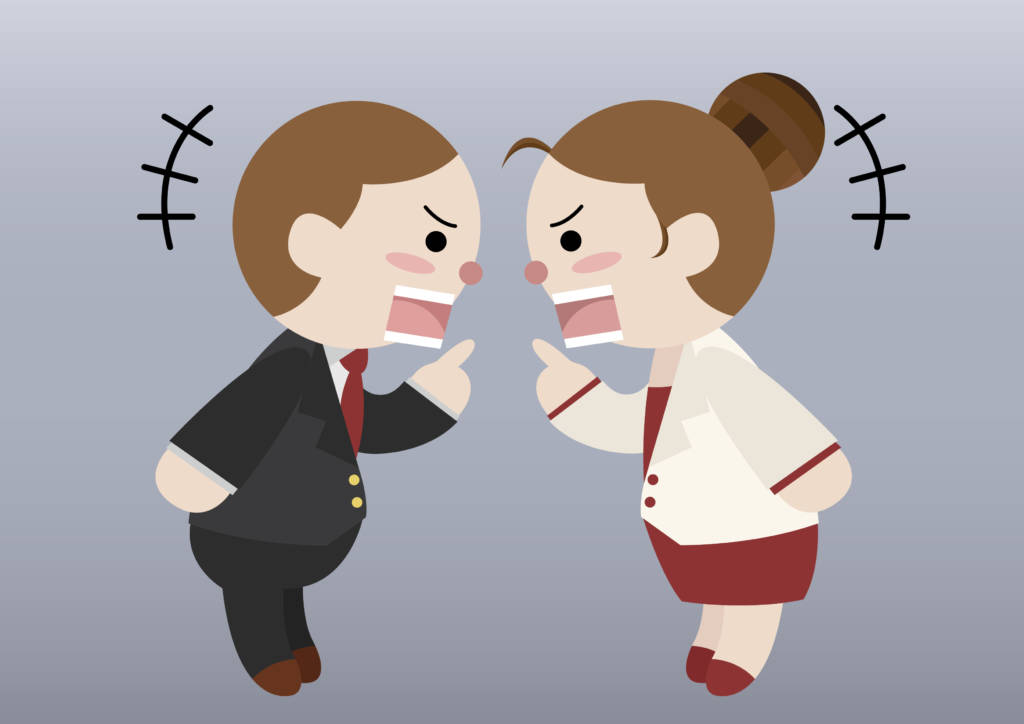
By Ari Enkin, rabbinic director, United with Israel
What message is the Torah trying to teach us by declaring that the cure for the problem can be found in the problem itself?
This week’s Torah portion is Chukat (Numbers 19:1 – 22:1). In it, we read about the plague of the snakes.
In yet another example of the Jewish people’s frustration and lack of tact, they once again complain to God and Moses regarding their accommodations in the desert. As we can see, the cure for the attack of the snakes was to fashion a copper snake and place it upon a pole. Anyone who was bitten by the snake would look at the banner and be healed.
“The people spoke against God and against Moses… Why have you brought us up out of Egypt to die in this desert, for there is no bread and no water, and we are disgusted with this rotten bread. And the Lord sent fiery serpents among the people, and they bit the people; and many people of Israel died. The people came to Moses and said, we have sinned, for we have spoken against the Lord and against you, pray to the Lord, that He take away the serpents from us! And Moses prayed for the people. And the Lord said to Moses, make a fiery serpent, and set it upon a pole: and it shall come to pass that everyone that is bitten, when he looks upon it, shall live. And Moses made a serpent of brass, and put it upon a pole, and it came to pass that if a serpent had bitten any man, when he beheld the serpent of brass, he lived.”
(Shutterstock)
The question is asked: Is it not odd that the cure for the snake bites should be…a snake?! One would think that the last thing in the world that would be effective as a cure would be a snake itself.
What message is the Torah trying to teach us by declaring that the cure for the problem can be found in the problem itself?
When one becomes angry at another person, he or she may yell or even hit the other person. On the other hand, when in love, the reaction is kisses and hugs. These two different emotions — anger and love — arouse different responses. It is explained that with regard to God, however, everything is from the same source. When He punishes us, it is not the result of a momentary fit of rage. God punishes in a precise manner that is intended to help us grow into better people by learning from our mistakes and experiences. Whatever the reason for the punishment, it is never the result of an outburst or anger. As such, the same source of pain can also be the source for cure. The snakes were sent by God to cause pain, and therefore, He could use the same agent to bring healing.
Just as God does not punish as the result of uncontrolled emotions, so, too, we should be sure not to parent according to uncontrolled emotions. A parent should never discipline or issue punishments at a time of anger. Rather, the punishments should be well thought out with the intention of helping the child learn from his or her mistakes. Just as God is a source of love for all mankind, a parent must be a source of love, always doing everything for the best of the child. When children realize that our responses our measured and for their benefit, they will more readily accept what we have to say to them.
For more insights by Rabbi Ari Enkin on this week’s Torah portion, click on the links below.
https://unitedwithisrael.org/living-torah-the-bible-understands-human-nature/
https://unitedwithisrael.org/the-death-of-aaron-and-the-unity-of-the-nation-of-israel/
https://unitedwithisrael.org/torah-time-is-torah-time/
